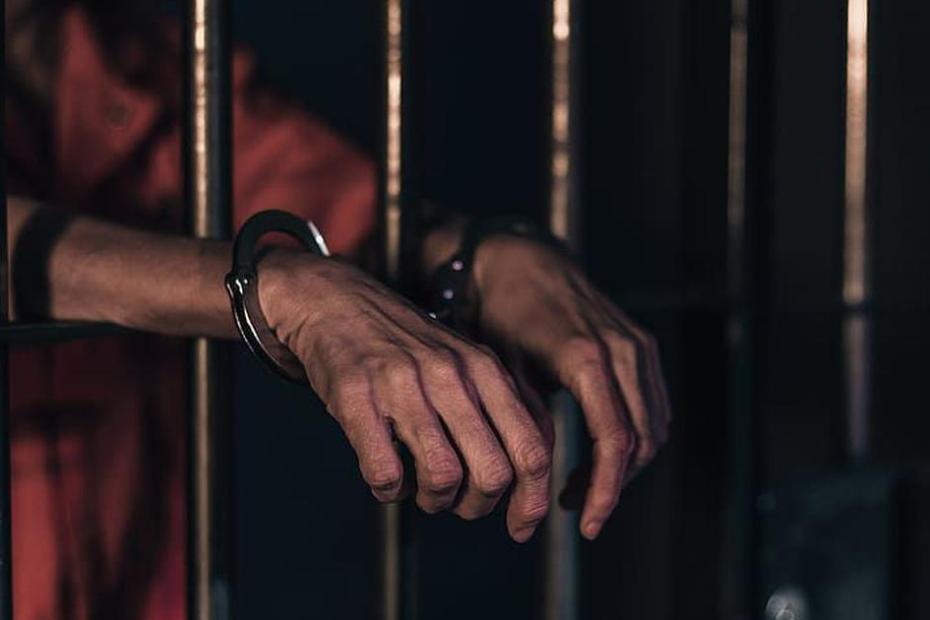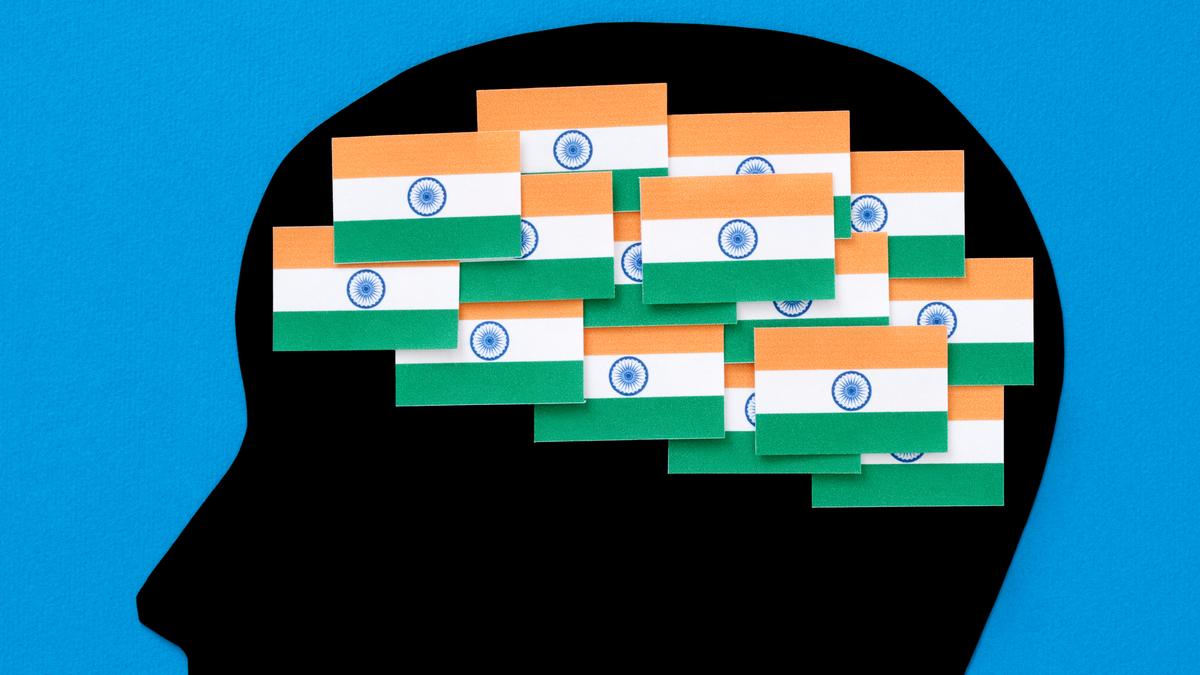- Courses
- GS Full Course 1 Year
- GS Full Course 2 Year
- GS Full Course 3 Year
- GS Full Course Till Selection
- Answer Alpha: Mains 2025 Mentorship
- MEP (Mains Enrichment Programme) Data, Facts
- Essay Target – 150+ Marks
- Online Program
- GS Recorded Course
- Polity
- Geography
- Economy
- Ancient, Medieval and Art & Culture AMAC
- Modern India, Post Independence & World History
- Environment
- Governance
- Science & Technology
- International Relations and Internal Security
- Disaster Management
- Ethics
- NCERT Current Affairs
- Indian Society and Social Issue
- NCERT- Science and Technology
- NCERT - Geography
- NCERT - Ancient History
- NCERT- World History
- NCERT Modern History
- CSAT
- 5 LAYERED ARJUNA Mentorship
- Public Administration Optional
- ABOUT US
- OUR TOPPERS
- TEST SERIES
- FREE STUDY MATERIAL
- VIDEOS
- CONTACT US
Zero Police Convictions in Custodial Deaths
Zero Police Convictions in Custodial Deaths

Why in the News?
- The issue of custodial deaths has gained national attention due to the persistent lack of accountability and justice.
- Despite repeated incidents of deaths occurring in police custody across various states, there have been no convictions of police personnel over several years,
- This is raising serious concerns about institutional impunity and the erosion of human rights.
|
Definition of Custodial Deaths
Types of Custodial Deaths
|
What are the Key Highlights?
- Lack of Accountability
- Zero Convictions: No police officer was convicted for custodial deaths in Tamil Nadu or elsewhere in India between 2017–2022.
- Judicial Inaction: Out of 345 magisterial/judicial inquiries ordered, only 123 led to police personnel being arrested; 79 were charge-sheeted, but no convictions were secured.
- Nature of Custodial Deaths
- Data Range: The data spans custodial deaths between 2017 and 2022.
- Types of Deaths: Includes suicides in custody and deaths due to alleged police brutality.
- High-Incidence States: Uttar Pradesh, Maharashtra, West Bengal, and Tamil Nadu saw the highest number of custodial deaths.
- Disproportionate Impact on Dalits
- Tamil Nadu Case: Dalits formed 32.4% of custodial death victims in Tamil Nadu in 2021, while they make up only 20% of the state’s population.
- National Trend: Tamil Nadu accounted for 12.2% of the country’s SC population in detention as of 2021, despite forming just 5.4% of India’s total population.
- Human Rights Violations
- Between 2017 and 2022, a total of 74 cases were filed against police personnel in India for human rights violations, including illegal detention, custodial deaths, and torture or causing injury.
- Out of these, 41 officers were charge-sheeted, but only 3 were ultimately convicted.
- Despite clear evidence in several cases, no convictions of police personnel occurred.
- Data Sources
- NCRB, Parliament Questions & Answers, and Census 2011 are used for statistical backing.
|
Challenges and Way Forward
|
Challenges |
Way Forward |
|
No police convictions in custodial deaths cases |
Establish independent oversight and fast-track courts for custodial death cases. |
|
Underreporting and misclassification of deaths |
Mandate transparent post-mortem and third-party forensic investigations. |
|
Judicial delays and lack of proactive inquiry |
Strengthen judicial accountability and timelines for inquiry completion. |
|
Disproportionate targeting of Dalits and other marginalized groups |
Enforce anti-discrimination laws and implement SC/ST (Prevention of Atrocities) Act strictly |
|
Lack of police accountability and protection by internal mechanisms |
Set up police complaints authorities at state and district levels as per SC guidelines |
|
Political interference and lack of will |
Encourage parliamentary and civil society oversight; ensure legislative reforms |
Conclusion
Custodial deaths in India reflect a systemic lack of accountability, with no police action despite repeated cases. Dalits are disproportionately affected, highlighting the urgent need for police and judicial reforms, strict human rights enforcement, and independent grievance redressal systems.
|
EnsureIAS Mains Question Custodial deaths continue to expose the gaps in police accountability and human rights enforcement in India. Critically examine the causes and suggest measures for institutional reform. (250 Words) |
|
EnsureIAS Prelims Question Which of the following provisions or institutions aim to address custodial violence and ensure accountability of law enforcement agencies in India?
Select the correct answer using the code below:
Answer: a Explanation: Statement 1 is correct: The Protection of Human Rights Act, 1993, provides the legal basis for addressing human rights violations, including custodial deaths. Statement 2 is correct: The NHRC is empowered to inquire into cases of custodial violence and recommend action. Statement 3 is correct: Article 21 guarantees the right to life and personal liberty, which is violated in custodial deaths. Statement 4 is incorrect: The Lokpal and Lokayuktas Act deals with corruption in public offices, not specifically with custodial violence or police accountability. |




